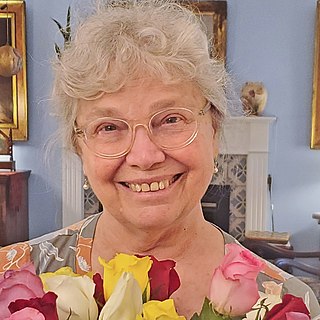A Quote by James Weldon Johnson
Through my music teaching and my not absolutely irregular attendance at church, I became acquainted with the best class of colored people in Jacksonville.
Quote Topics
Related Quotes
I used to go to the Church of the Harvest, right off Adams and La Brea. There was a pastor there who had the best big choir and the best band. He would start praying, and the music would start playing and just make people feel so good, you could break out of whatever you were going through. Soft music can have that effect, too.
It is fitting that the Government of the United States should assume the obligation of the establishment and maintenance of a first-class university for the education of colored menand I wish to put in this caveatthat the colored race today, all of them, would be better off if they all had university education.... Of course, the basis of education of the colored people is in the primary schools and in industrial schools.... In those schools must be introduced teachers from such university institutions as this.
The church is in trouble-that's what they say anyways. The problem is most of what they call the church is not the church, and the church is not quite as in trouble as everybody thinks. As a matter of fact, the church today is absolutely beautiful-she's glorious, she's humble, she's broken, and she's confessing her sin. The problem is what everybody's calling the church today isn't the church. Basically, by and large, what's called the church today is nothing more than a bunch of unconverted church people with unconverted pastors.
In the beginning the church was a fellowship of men and women centering on the living Christ. Then the church moved to Greece where it became a philosophy. Then it moved to Rome where it became an institution. Next, it moved to Europe, where it became a culture. And, finally, it moved to America where it became an enterprise.
When you look at the decline of church attendance in America, or when you look at the decline of millennials that are not going to church in America, you want to have the conversation that a lot of times people are hit more with religion and rules and the systems than they are with the love of God and having a personal relationship with Christ.
I'd signed up not just for Christianity but the established Church of England. That has a particular history and I think we rather lost it in the 19th Century, we became so much part of empire and colonialism, the language of the Church Of England still reflects that Victorian time. As the 20th Century developed, not surprisingly people left the church and I can see the church's role in losing people.







































